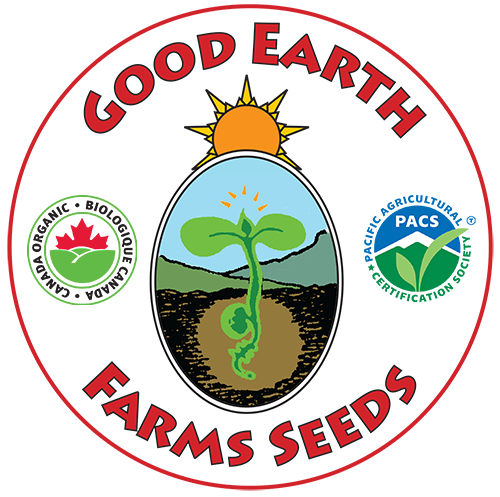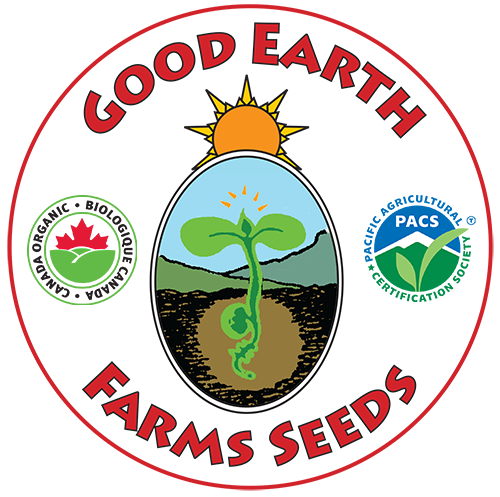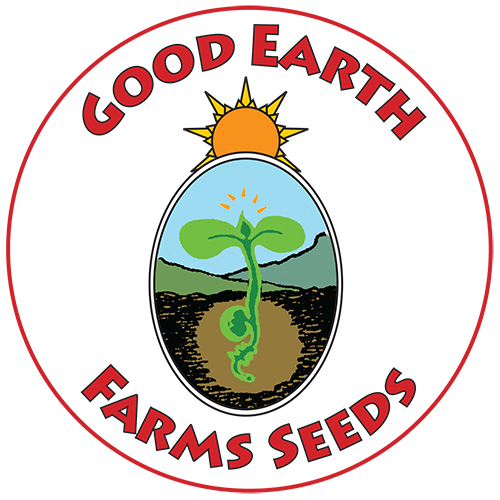The Origin and Cultural Significance of Seeds
Seeds, often underappreciated, have a fascinating history and great potential. Originating from wild plants, they were crucial in early agriculture, especially among indigenous farmers who developed and passed down new varieties through generations. In traditional agricultural societies, a farmer’s worth was measured by their proficiency in seed keeping, involving cultivation, harvest, cleaning, and storage.


